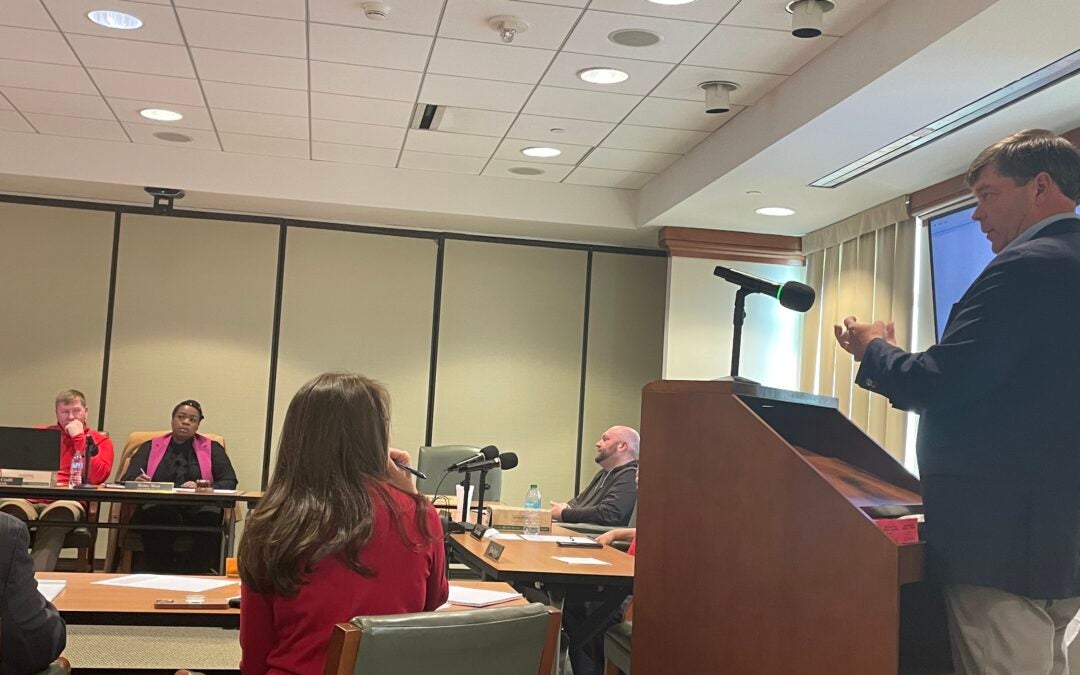The Supreme Court of Georgia has decided former Augusta Circuit District Attorney Natalie Paine will not face disciplinary action for the 2018 recording of attorney-client interviews in a sheriff’s office interrogation room.
In a unanimous opinion released Tuesday, the court reversed the state Bar of Georgia’s recommendation that Paine, now chief assistant district attorney in Columbia County, be suspended from practice for six months.
Paine was lead prosecutor in the 2017 homicides of Preston Overton and Chad Garner. During the investigation, the bar’s disciplinary board found probable cause that Paine violated rules of professional conduct in the prosecution of three defendants in the case.
IN THE MATTER OF NATALIE SP… by augustapress
The alleged violations surrounded two murder suspects being taken to interview rooms at the Richmond County Sheriff’s Office administration building. On Feb. 26, 2018, the suspects were taken from jail to the rooms after suggesting they would cooperate with law enforcement. Upon speaking with their attorneys, defendants William Krepps and Vaughn Verdi declined to say anything to investigators.
When Paine turned over 107 CDs of evidence and interviews to defense attorneys in the murder case, in them were conversations between Krepps and Vaughn and their lawyers, recorded in the police interview rooms. The ability to have private conversations with an attorney is a defendant’s constitutional right.
The state disciplinary board contended Paine arranged for the private conversations to be recorded. Paine responded that she knew the sheriff’s office had recording equipment in the rooms, but was unaware investigators had no way to stop the recordings.
The disciplinary board requested the Supreme Court appoint a special master, Patrick H. Head, who cleared Paine last year, stating the board was attempting to hold Paine responsible for conduct by the sheriff’s office. The bar’s disciplinary board appealed the special master’s findings, which sent the matter to the Supreme Court.
The Supreme Court rejected the board’s decision, stating it agreed with Head’s findings: That Paine was unaware the meetings were being recorded, believed police could stop the recording equipment and had not invited the defense attorneys to speak with their clients in the rooms.
It also agreed with the special master in finding no evidence to support Paine broke a conduct rule by speaking to the defendants without their attorneys’ consent, or had facilitated the interviews, or made a false statement during the disciplinary matter.








